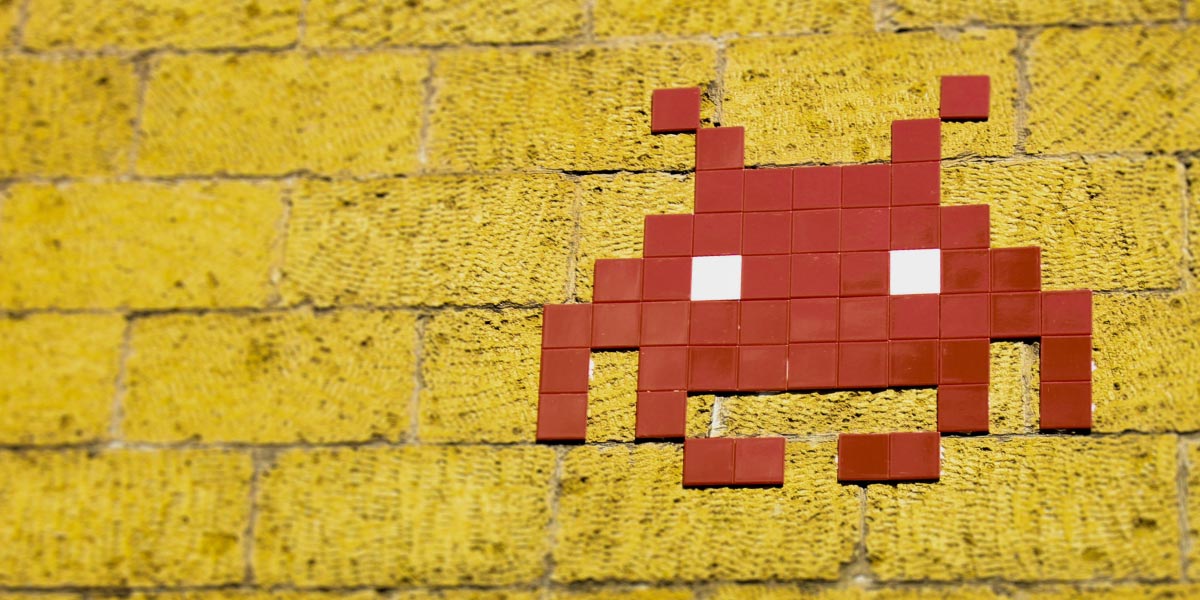
How Pop Culture Helps Us Understand Ourselves and Each Other
What comes to mind when you think of pop culture? Perhaps it’s the Rubik’s Cube, maybe Elvis, or even The Brady Bunch. Those, and other iconic pieces of pop culture are forever etched into our collective society. It seems pop culture has always been around and always will be. But is it all just meaningless trends? Fads to be forgotten? Or is there something more to it?
On the surface, pop culture is a mirror for what is occurring in the now. But look deeper and you’ll find it’s supported by history, psychology, heritage, struggles, and progress.
On the surface, pop culture is a mirror for what is occurring in the now. But look deeper and you’ll find it’s supported by history, psychology, heritage, struggles, and progress.
It can be argued that we’re currently in the middle of a pop culture explosion. This due largely to social media. Facebook, Instagram, Twitter, TikTok, Snapchat, and the like, all make pop culture instantly accessible. And since it’s always on—and global—the trends change at the speed of light. Judging by the roughly 3.6 billion social media users across the globe, it’s clear that the love of what’s new, what’s now, and what’s next is insatiable.
But pop culture isn’t all Ariana Grande singles and cat videos. Beyond entertainment, pop culture also includes food, sports, news, politics, and technology. Yet, despite its breadth, pop culture often comes under heavy criticism for being superficial, consumerist, and sensationalist.
The criticism isn’t unfounded.
Pop culture is a creation of the media, largely to sell things. And today, people ARE the media. Traditional media sources (e.g., creators, reporters, marketers) seed the landscape, but users on social media grow these seeds into memes and other forms of user-generated content, which does the heavy lifting that advertising used to do. Essentially, we’re selling to ourselves.
Still, superfluous as it may seem, there are benefits to pop culture. Here are five of them.
- Knowledge of pop culture, both past and present, helps bridge divisions between socioeconomic groups, ethnicities, and generations. Having this knowledge can create a common ground, which in turn helps facilitate understanding and dialogue with other groups.
- Absorbing new pop culture information (e.g., new words, songs, games, etc.) keeps the mind elastic and young. In fact, numerous studies have shown, learning new things improves memory and strengthens cognition.
- Pop culture is a great tool for self-evaluation. Mindfully consuming information helps you understand what connects with your values and beliefs and what doesn’t. Getting deeper, one can even explore the underlying reasons why something in pop culture is appealing or appalling.
- It helps break ruts. Pop culture is generally viewed as youth-oriented. And with good reason. Fashion, video games, and music are largely driven by the tastes of younger audiences. But also associated with youth is a willingness to buck convention, try new things, and see things through a different perspective. In that sense, adopting elements of what’s happening in pop culture can help you take on a more youthful view and be bolder and more adventurous.
- Pop culture is excellent at breaking down complex topics, which is both an advantage and disadvantage. Bringing understanding and awareness is always a good thing; however, what makes it through the pop culture lens, be it a tweet or element of a story in a TV show, is just the surface of that topic. To get a better understanding of something you find interesting, research the topic further from other sources, including articles, documentaries, podcasts, and good old-fashioned discussion.
On the surface, pop culture is a mirror for what is occurring in the now. But look deeper and you’ll find it’s supported by history, psychology, heritage, struggles, and progress. It’s about people and how we relate to one another. Understanding what’s popular and why, are keys to understanding ourselves and each other.
Ryan Dee is a storyteller and a creative professional spanning the realms of marketing, advertising, communications, media, and public relations. Always on the lookout for the next big thing, his appetite for pop culture, trendspotting, and entertainment is boundless.


